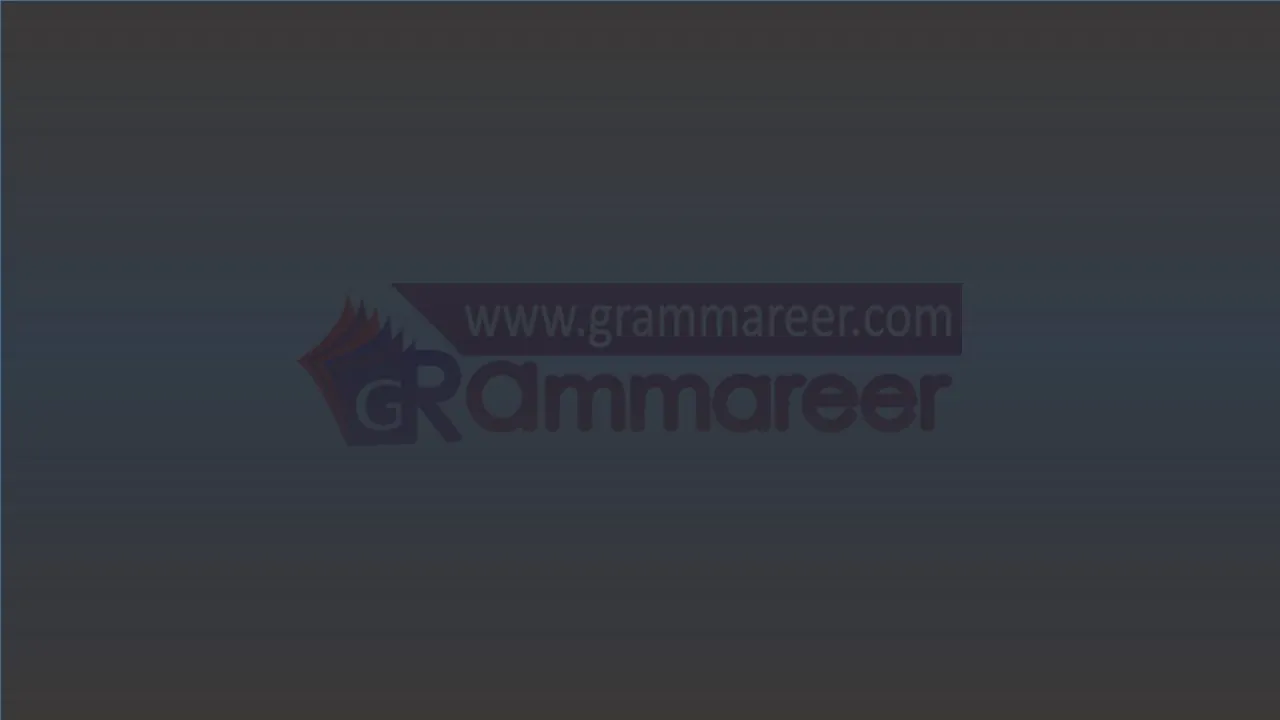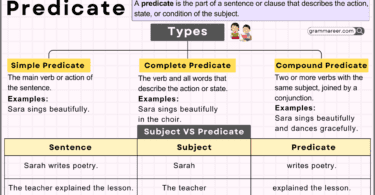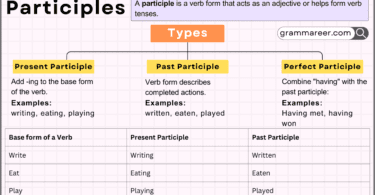In this lesson, we will learn the meaning of will have to in Urdu and how to use “will have to” and “shall have to” in sentences, along with their Urdu translations. These phrases are used to express something that we must do in the future. When something is necessary or important, we use these phrases to talk about it.
Table of Contents
Will Have to Meaning in Urdu
The phrase “will have to” means کہ کچھ کرنا ضروری ہو گا in Urdu. It is used when we need to express that something must be done in the future. It shows a sense of obligation or necessity.
How to Make Sentences with “Will Have to” and “Shall Have to”
To make a sentence, use:
- Will have to + action (infinitive)
- Shall have to + action (infinitive)
First, use the subject (like I, you, we), then add “will have to” or “shall have to”, followed by the base form of the verb. For example, if you need to do something tomorrow, you say “will have to”.
We use “will have to” with all subjects, but “shall have to” is mostly used with I or we. It sounds more formal.
Examples with Urdu Translation
Positive Sentences
- You will have to obey me.
تمہیں میرا حکم ماننا پڑے گا۔ - I shall have to go to Karachi next month.
مجھے اگلے ماہ کراچی جانا پڑے گا۔ - Everybody will have to abide by the rules.
ہر شخص کو قانون کی پابندی کرنی پڑے گی۔ - The boys will have to work according to the time-table.
لڑکوں کو ٹائم ٹیبل کے مطابق کام کرنا پڑے گا۔ - The politicians will have to change their attitude.
سیاستدانوں کو اپنا رویہ بدلنا پڑے گا۔
These sentences show that people must do something in the future. The words “will have to” and “shall have to” make it clear that these actions are very important.
Questions
- Will he have to vacate this house?
کیا اسے یہ مکان خالی کرنا پڑے گا؟ - Shall we have to wait for our turn?
کیا ہمیں اپنی باری کا انتظار کرنا پڑے گا؟ - Shall I have to bribe the police?
کیا مجھے پولیس کو رشوت دینی پڑے گی؟
These questions help us ask if something must be done in the future.
Negative Sentences
- You will have to repent of your mistake.
تمھیں اپنی غلطی پر پچھتانا پڑے گا۔ - You will have to tell us the truth.
تمھیں ہم کو سچ بات بتانا پڑے گا۔
In these examples, we use “will have to” to show that doing something is necessary, even if it is hard. Saying sorry or telling the truth is very important.
Summary
When we use “will have to” or “shall have to”, it means we must do something in the future. These words help us talk about future responsibilities. They make it clear that something is very important and cannot be avoided.
Common Mistakes
- Do not mix “will have to” with “must”. “Will have to” is used for future needs, while “must” can be used for both now and future. For example, “I must go now” means you need to leave right now, while “I will have to go tomorrow” means you need to leave in the future.
- “Shall have to” is mostly used with I or we. It is not common to use it with other subjects like he, she, or they. Use “will have to” for those subjects.

You May Also Like





